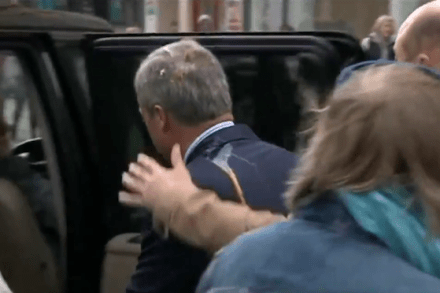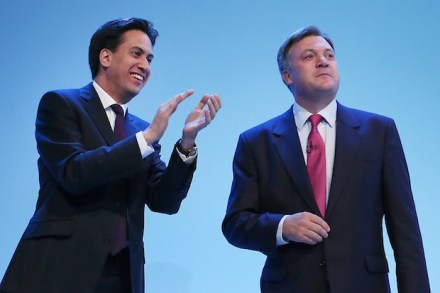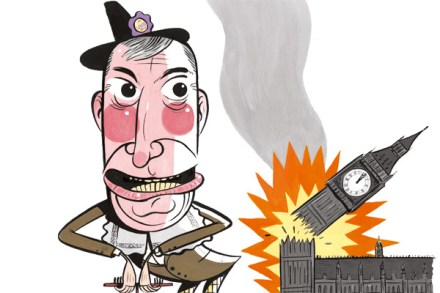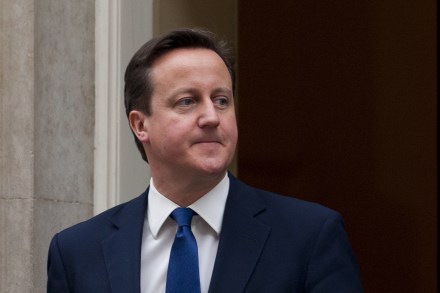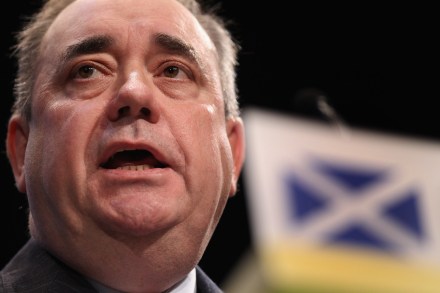Why I’ll be voting Liberal Democrat on May 22
One of the interesting things I learned from a recent Lord Ashcroft poll was the startling fact that three times as many people identify themselves as Labour voters, tribally, as Tories (around 30 per cent versus 10), despite the two parties having roughly similar base support in general elections. This says something about the different way the two groups think; loyalty to the Labour Party runs deep and is emotional, while for Conservative voters the party is pretty much a pragmatic organisation to keep even worse politicians from running the country. I’m not sure which group will suffer more in the long term from the current crisis of party politics;


